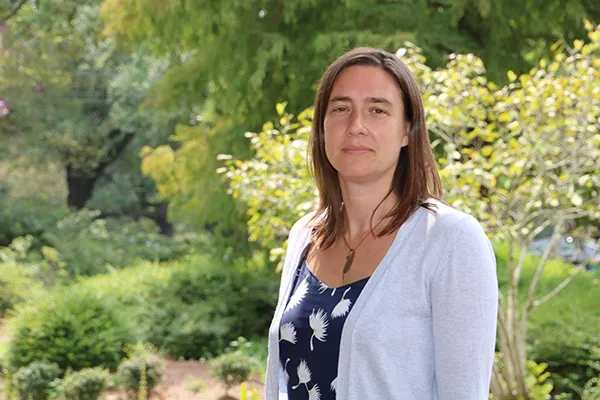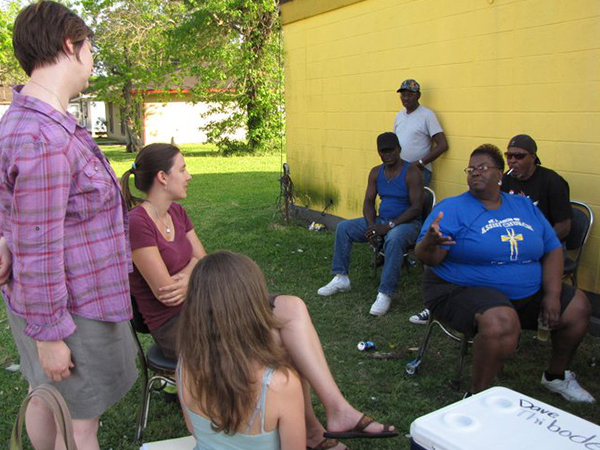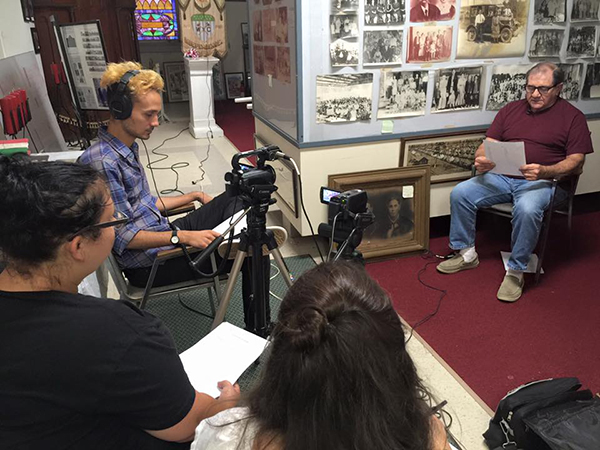
In August 2018, School of Liberal Arts’ Assistant Professor of Anthropology Nathalie Dajko was awarded a distinguished National Science Foundation (NSF) grant to continue her ongoing research on language in southeast Louisiana.
Together with her colleague Katie Carmichael (BA ’07, MA ’08), assistant professor in the Department of English at Virginia Tech, the two have received NSF funding totaling $246,077. This grant will support Dajko and Carmichael’s research on the sociolinguistics, or the study of language variation as it correlates with social factors, of New Orleans, particularly since Hurricane Katrina.
The two will conduct more than 200 interviews across the city, asking participants of different backgrounds to read the same short story and list of words, and to talk about what it’s like to live in New Orleans. While New Orleans is known for its linguistic diversity, English has been little examined, and most of the existing research on English focuses on a single social group. “There’s a lot of diversity in New Orleans,” Dajko noted, “but people have focused on French and on the English of the working class white population when studying language in the city.”
Dajko and Carmichael are conducting the first systematic, large-scale study of English in New Orleans, which has been undergoing a major demographic shift that accelerated in the wake of Hurricane Katrina. Their study aims to fill in gaps in literature and provide an understanding of how displacement and migration may affect language use.
“There’s an attachment to place. And there’s also an attachment to ethnic identity. They intersect, and people use language to express both,” Dajko said.
Dajko’s research supports her belief that studying language is important because it is how we connect to each other, and disconnect from one another. She also believes that understanding how we create links to each other and to the places in which we live can help us shape policies. “I think it is important for us as linguists to show people that variations in language should not be judged. Non-standard dialects are often connected with negative attributes, but also with belonging and authenticity. We must show that these negative links are not true—that those with different dialects are not falling short in regard to intellect, power, and more.”





